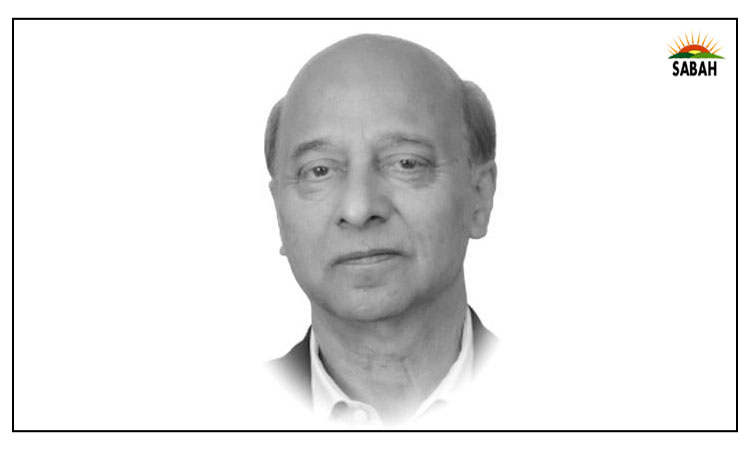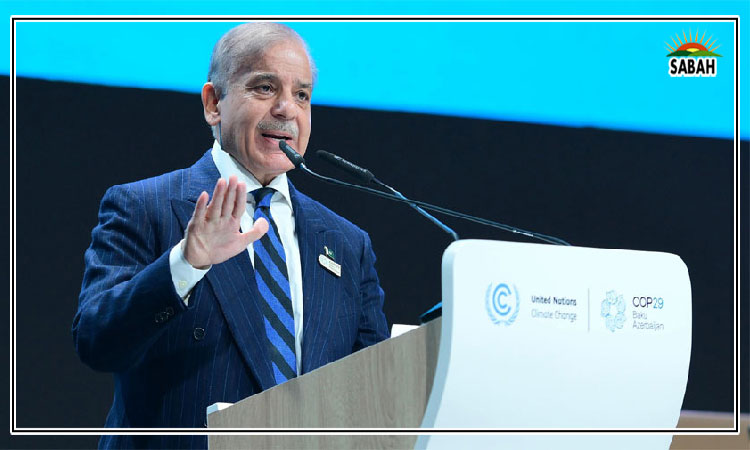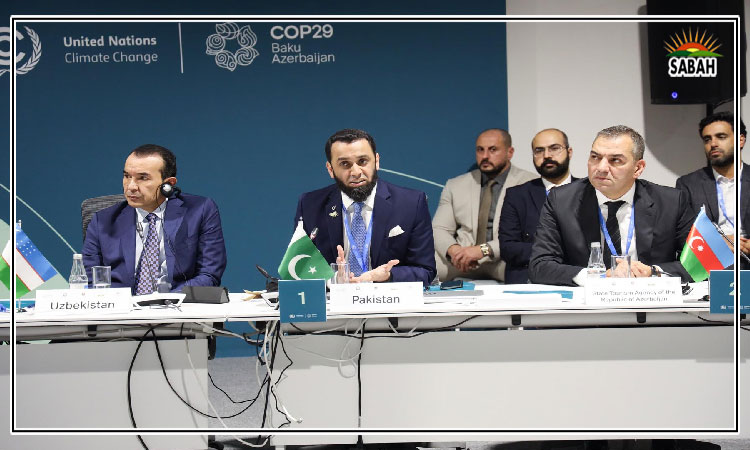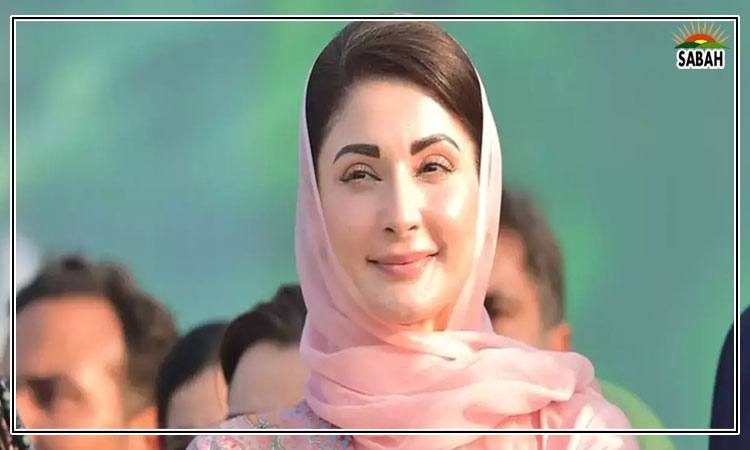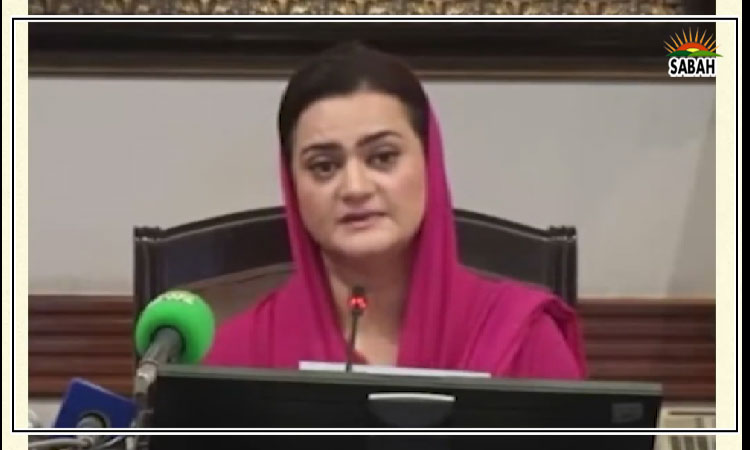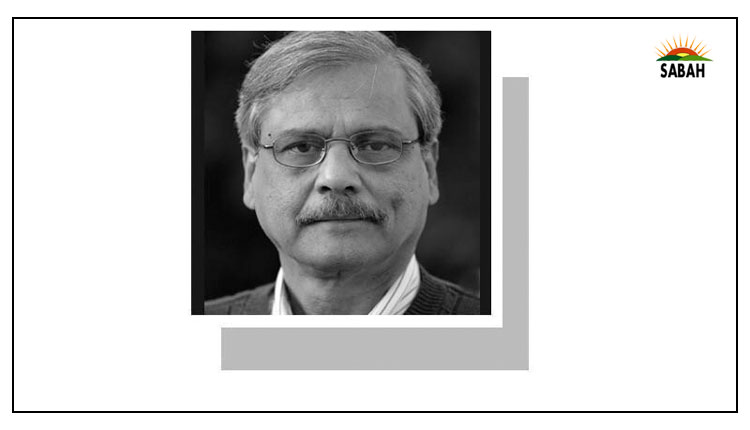The Dar disaster…Zahid Hussain
WHILE boasting that the country has not defaulted, Finance Minister Ishaq Dar revealed that the government was negotiating the restructuring of external debts. This leaves us wondering about his chest-thumping claim that Pakistan is not insolvent. As expected, Dars budgetary speech was full of bluster. The country is marching on the path of progress, he claimed. He presented a populist budget during one of the most serious economic crises the country has ever faced. The budget did not reflect the impending economic collapse. In a post-budgetary TV interview, he attributed the IMFs tough stance to geopolitics. He is still not willing to admit his own follies, which have widened the trust deficit with the lending agency.
Most economists agree that the expansionary budget, with no indication of tightening the belt, would make it much more difficult to get the IMF loan released. Its a budget presented by a government which has barely two months of constitutional life left. But Dar is still living in cloud cuckoo land. His belief in a voodoo economy seems unshakeable, pushing the country to the brink.
He huffed and puffed over a recent remark made by renowned economist and Princeton professor Atif Mian who compared the prevailing Pakistani situation to that in Sri Lanka and Ghana, two countries that defaulted. One wonders what the rescheduling of debt repayment really means. We may not have formally defaulted but are certainly close to it. The real issue is whether we are prepared to tackle the tough times ahead. It becomes harder when one is not even willing to accept the reality.
We have several examples of countries which have faced similar or even worse financial crises but were able to turn their predicament into an opportunity by first accepting the reality and then taking tough reform measures to completely turn around their faltering economies. For instance, India dealt with a dire situation in 1991 when the country was only weeks away from defaulting on its external balance-of-payments commitments, with its foreign exchange reserves falling to less than $1.2 billion.
Its plight worsened, with the IMF suspending its loan programme. The World Bank also discontinued its assistance. To avoid defaulting, the government took various steps, including pledging a substantial portion of its gold reserves to the Bank of England and the Union Bank of Switzerland as collateral so that it could secure foreign exchange to meet its debt obligations.
Its worth remembering the budget speech made by Indias then finance minister Manmohan Singh in 1991: I do not minimise the difficulties that lie ahead in the long and arduous journey on which we have embarked. But as Victor Hugo once said, no power on earth can stop an idea whose time has come.
While warning about the challenges ahead, he also sounded confident about turning around the Indian economy with tough but necessary reform measures. India never looked back from there and the reforms undertaken by the then Indian government ultimately led to its emergence as the worlds third largest economy. The continuity of policy, despite a change of government, has also been critical to Indias march forward.
We, too, could have turned the present crisis into an opportunity. But it is not going to happen. Unfortunately, the government neither has the will nor the capacity to undertake the tough reform measures required to stabilise the economy and prevent the country from defaulting. While India brought in a renowned economist to steer the country out of crisis, we have an accountant at the helm whose only credentials for the job is his being related to the powerful ruling family.
The country must contend with stagflation, with a rapidly falling economic growth rate and runaway inflation. Increasing unemployment has created very serious economic and social problems. Taking hard decisions are avoided because of political reasons, thus jeopardising the countrys future. Dars boasting that the country has not defaulted exemplifies the farce that is being played out in the name of economic management.
While Dar may not be entirely responsible for the current state of the economy, his incompetent handling of the crisis has certainly contributed to its decline. Atif Mian has warned that the Pakistani economy is in a tailspin, going from crisis to catastrophe and now the system is becoming unhinged.
In a recent series of tweets, Atif Mian, who was ranked by the IMF as one of the 25 top young economists in the world, aptly summed up the PDM governments mismanagement: It removed CB [central bank] governor with no plan in mind, started in-fighting against its own FM [finance minister], and ultimately replaced him with a close relative of the PM competence be damned, he wrote.
With the ongoing political chaos and reckless power game adding to the economic instability, there is no logic to the budgets taking a populist approach. Moreover, there are also questions about the revenue targets set in the budget. Most economists agree that the targets are unrealistic. The juggling with figures, at which the finance minister is past master, will push the country deeper into the crisis. The country needs bold decisions, and not hollow rhetoric.
Dar says there is a Plan B ready to prevent default if the agreement with the IMF doesnt come through. Interestingly, no one even in government seems to know about this secret plan. The finance minister is mistaken if he thinks that he can get money from friendly countries. No country is willing to dole out free money.
Even if it happens, it will give the country only brief respite and would not resolve the basic structural problem needed to take the economy forward. It is apparent the government and particularly its finance minister have no idea of where the country is heading. People have lost confidence in the system and it is hard to restore it with hollow promises. Time is running out.
Courtesy Dawn




